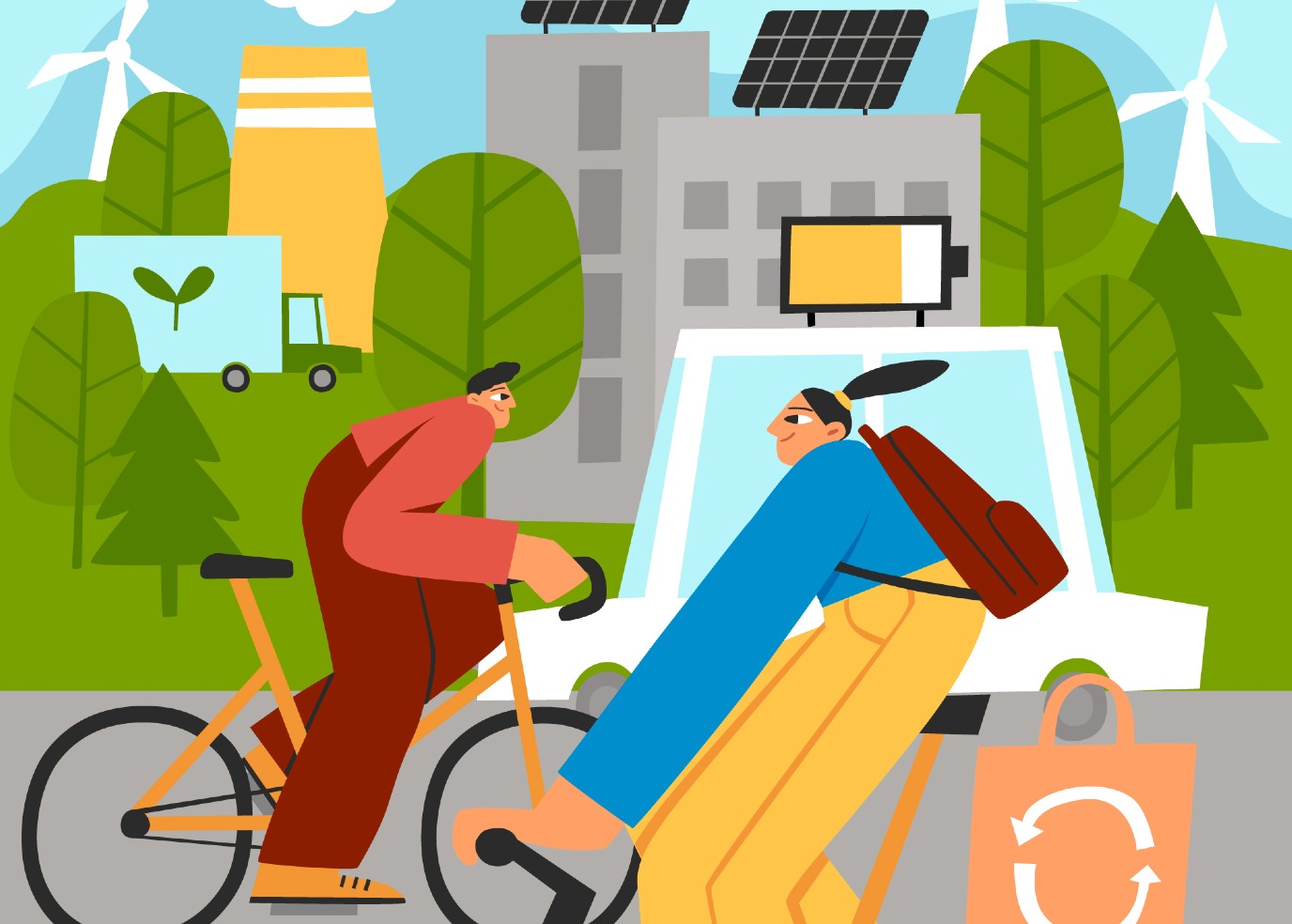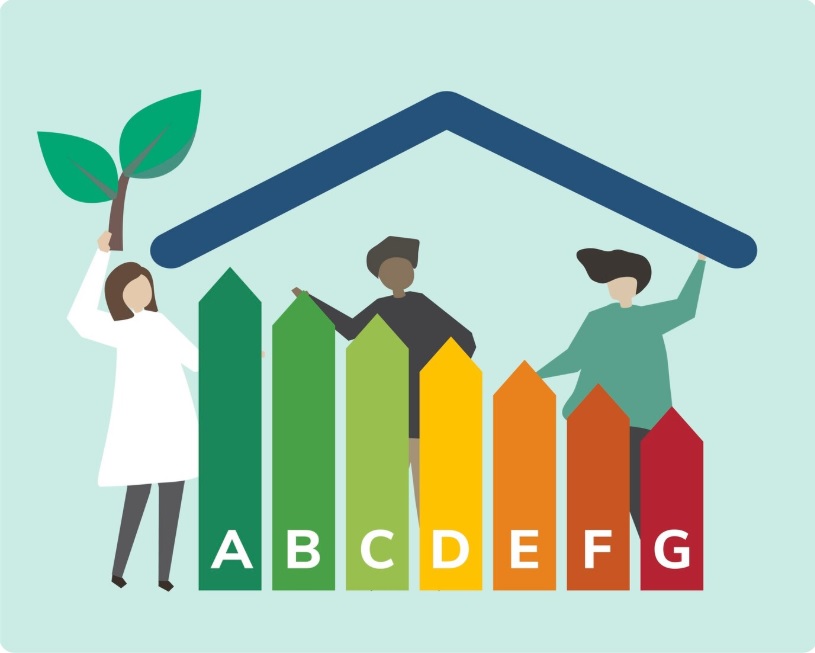Households can cut emissions by 40 percent through lifestyle change

A shift in everyday habits by the world’s wealthiest households could cut the overall household-related global carbon emissions by 40 percent, according to a groundbreaking international study that puts lifestyle choices at the heart of the climate solution. ‘This research provides valuable insights into the potential of lifestyle changes for reducing carbon footprints,’ according to UG-professor Klaus Hubacek. The paper was published in Nature Communications on 17 May.
Text: University of Birmingham / FSE Science Newsroom
The international group of researchers identified 21 low-carbon actions that, if adopted by top emitting households in 116 countries, could reduce household-related global carbon emissions by 40 percent across these countries analysed - equivalent to 10.4 gigatons of CO2. This includes all the emissions along the entire supply chain.

Steps which households could take to create the maximum impact in reducing carbon levels include:
-
Reducing the use of non-essential paid services like entertainment, hospitality, personal care, leisure travel, and private education or healthcare (potential reduction of 10.9 percent)
-
Shifting towards a healthy vegan diet, reducing consumption of animal-based food, sugar, and unhealthy processed food products (potential reduction of 8.3%)
-
Implementing energy-efficient building standards, with a potential reduction of 6.0%)
-
Moving from private vehicles to public transportation (potential reduction of 3.6%).
-
Sharing and repairing home appliances (potential reduction of 3.0%)
The researchers analysed household carbon footprint across 116 countries, focusing on individuals whose emissions exceed the global per-capita average required to stay below 2 degrees Celsius. This provided a comprehensive analysis of the carbon reduction potential of various low-carbon actions among high-emitting groups.

They found that North America shows substantial reduction potential, and that even some Sub-Saharan African countries, such as Mauritius, Namibia, and Chad, present unexpected mitigation possibilities, as wealthier households in these regions emit far more carbon than commonly assumed. ‘Targeting high-emitting households, even in low-income countries, is a highly effective way to cut emissions,’ says associate professor Yuli Shan, corresponding author from the University of Birmingham.
First author Yuru Guan, who recently completed her PhD at the University of Groningen and now works as a postdoctoral researcher at the University of Birmingham, comments: ‘While production-side solutions like clean energy are well studied, consumption-based measures remain underexplored, especially in developing countries. Our study shows how lifestyle changes among high-emitting groups could make a pivotal contribution to global climate mitigation.’ The work presented in the paper is for a large part based on her PhD thesis.

The findings reveal that tackling climate change is not only about advancing technologies or setting national targets, but also about changing everyday behaviours, especially among those with the highest emissions.
The study further underscores the importance of engaging consumers in addressing climate change, highlighting the need for equitable measures that target high emitters while supporting vulnerable groups, such as those experiencing energy poverty.
Professor Klaus Hubacek from the University of Groningen, also corresponding author, comments: ‘This research provides valuable insights into the potential of lifestyle changes for reducing carbon footprints. It is crucial for policymakers to consider these findings and implement strategies that encourage sustainable consumption patterns.’
Reference: Yuru Guan, Yuli Shan, Ye Hang, Qingyun Nie, Yu Liu & Klaus Hubacek: Unlocking global carbon reduction potential by embracing low-carbon lifestyles Nature Communications, 17 May 2025
More news
-
17 February 2026
The long search for new physics
-
10 February 2026
Why only a small number of planets are suitable for life
